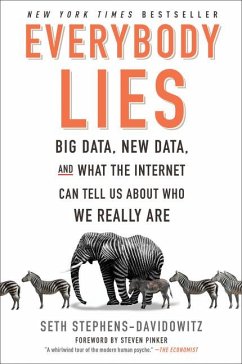
Knowledge Management in the SocioTechnical World
The Graffiti Continues
Herausgegeben: Coakes, Elayne; Willis, Dianne; Clarke, Steve

PAYBACK Punkte
38 °P sammeln!
Elayne [oakes, Dianne Willis andSteve Clarke The effectiveuse of knowledge management in organisations is an essential factor in their successful operation, but knowledge management is a many faceted domain, in which there is a danger of emphasising only a limited view. The purpose of this book is therefore to present for discussion those issues which practitioners and researchers havefound to be critical to understanding and progress within the knowledge management domain. This seems to haveled quite naturally to the study of knowledge management from three perspectives: tech nology,organisat...
Elayne [oakes, Dianne Willis andSteve Clarke The effectiveuse of knowledge management in organisations is an essential factor in their successful operation, but knowledge management is a many faceted domain, in which there is a danger of emphasising only a limited view. The purpose of this book is therefore to present for discussion those issues which practitioners and researchers havefound to be critical to understanding and progress within the knowledge management domain. This seems to haveled quite naturally to the study of knowledge management from three perspectives: tech nology,organisationsand people,which in turn makes this the first text to present a sociotechnical view of knowledge management. Knowledgemanagement has been a major topic for managementacademics and practitioners alike in the 1990s.It may be seen as the extraction and conversion of tacit knowledge on an individual and organisational levelinto explicit knowledge, the latter often taking the form of specificelectronic tools or assets which can be manipulated for competitive gain (e.g,intranets,groupware and knowledge repos itories). There is some scepticism about the extent to which this often highly sub Tacit knowledge is often described as the jective knowledge and learning can "hunches,intuition and know-how"ofpeople;or actually be made explicit, and a feeling "skills,routines, competencies". that knowledge management is no more than a new form of technology. But knowledge is much more than technology: it is personal, often dormant or unconscious and closely bound up with learning and organisation theory.














